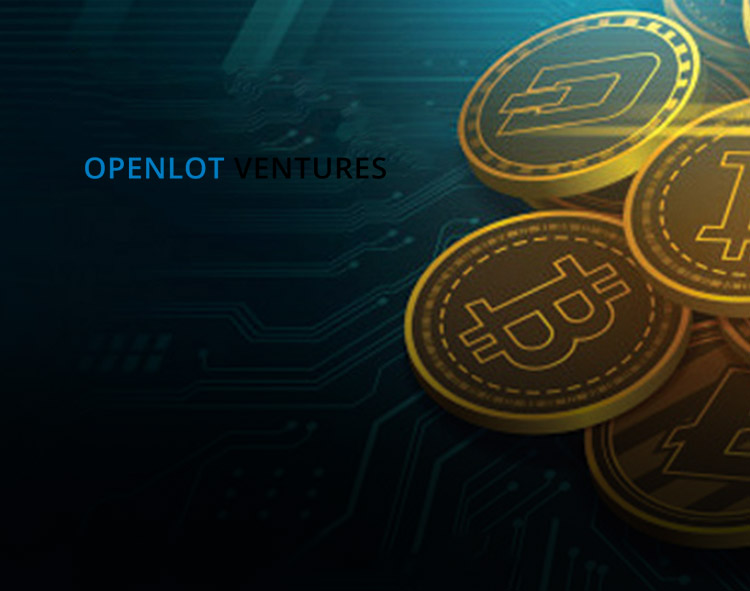To the general public, blockchain remains an esoteric technology whose sole purpose is to provide the infrastructure on which cryptocurrencies exist. These digital assets have polarized the financial industry and remain more of a curiosity than a viable product. On the other hand, their underlying technology has come to be regarded as one of the greatest disruptive innovations of the digital age, hailed as a development capable of revolutionizing business models and ushering in new opportunities. “Stakeholders across all industries may lack interest in cryptocurrencies, but they are undoubtedly excited about the potential of blockchain,” comments seasoned business executive Bruno Michieli. “One of the primary functions of digital coins is to provide a means of transacting, so it is only natural that the financial services industry was the first to realize the huge promise of blockchain.”
In the broader business context, interest has been driven by the ability of blockchain to ensure reliability, transparency, and enhanced security due to its unique properties of decentralization, encryption, and data validation. “Such guarantees are critical in asset management, where the implementation of the technology can facilitate open collaboration, deliver transparency and consistency, strengthen security, and improve operational efficiency,” Bruno Michieli points out. According to a report by PwC, asset managers can benefit from blockchain in areas such as settlements, transfer agency, and fund valuations; “By removing intermediaries and providing a trusted and shared view of permissioned data, blockchain could reduce costs (e.g. fewer reconciliation errors), speed up settlement (e.g. faster validation), increase resilience (e.g. no single point of failure), and improve transparency (e.g. easier to monitor).” With regard to fund valuations, the technology can improve the accuracy and timeliness of record-keeping, provide a time-stamped source of pricing data, and allow asset managers and service providers to share a common view of data.
Read More: Celsius Network and Prime Trust partner to secure depositors funds and offer low-cost credit
As an expert in the private equity field, Bruno Michieli is particularly excited about the potential of smart contracts – blockchain-based programs that can help overcome the sector’s problem of protracted, overly complex transactions. Not only do these contracts prevent identity and record breaches, but they also enable a huge degree of automation, which, in turn, reduces costs and mitigates the risk of human error. In an analysis of how blockchain can benefit the asset management value chain, Deloitte notes that an approach incorporating this technology “equally applies to the private equity fund administration, where blockchain and smart contracts can manage raising and calling capital, thereby tightening the process and removing some of the risk. Smart contracts and blockchain technology have the potential to provide a selectively automated process, with a person-in-the-loop as applicable or desired.”
Read More: WorldRemit Partners with Wizall Money to Launch its First Mobile Money Transfer Service to Senegal
